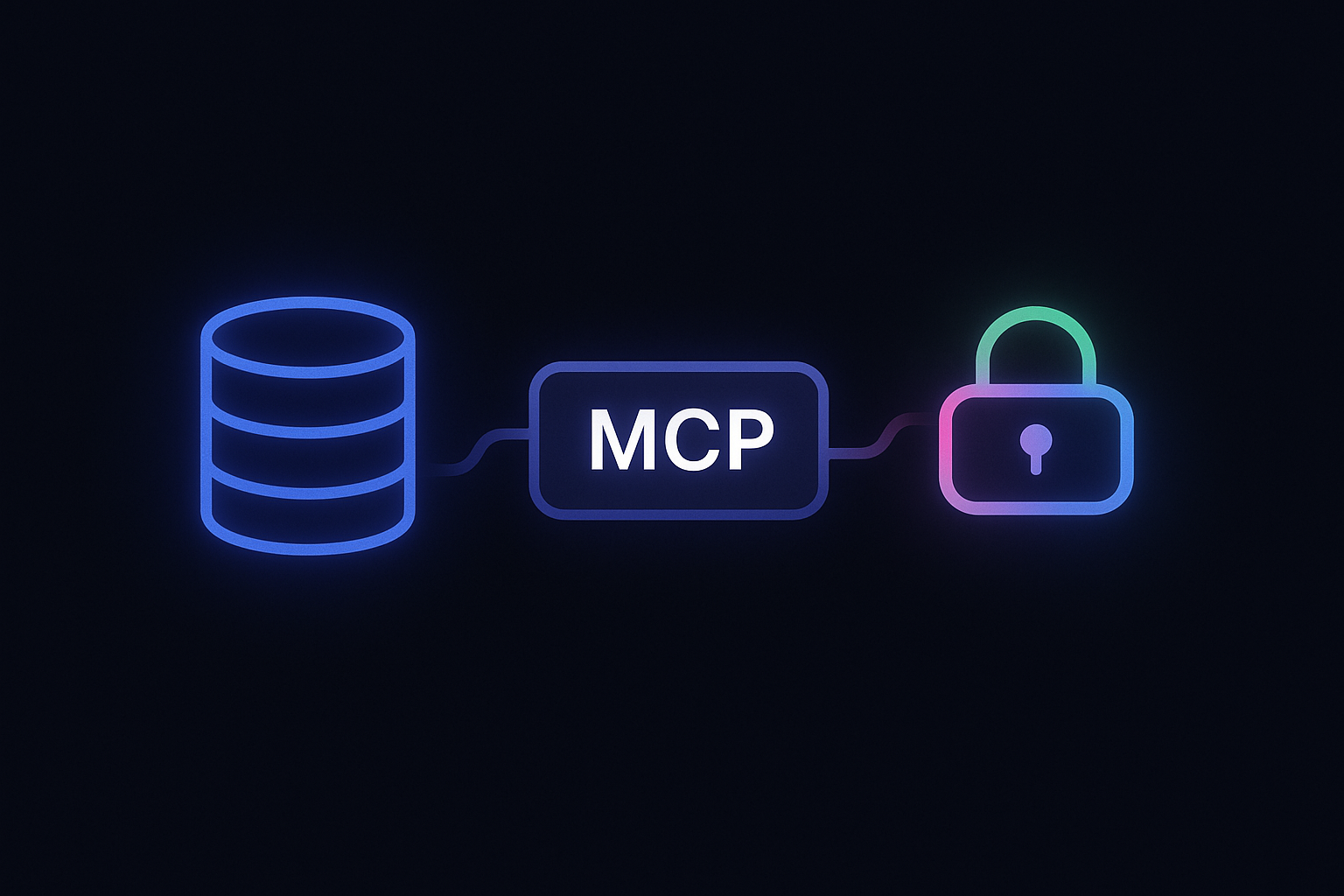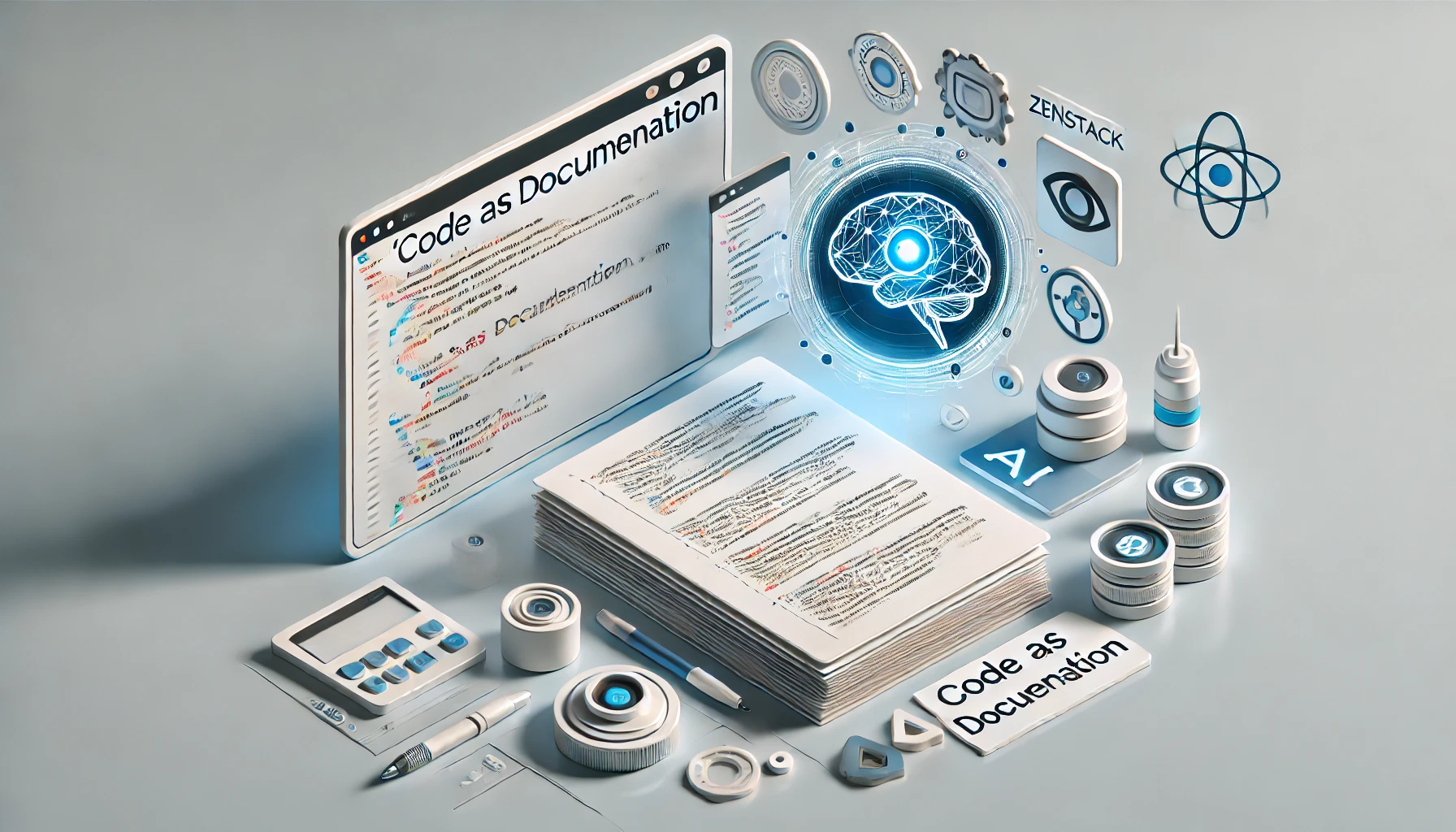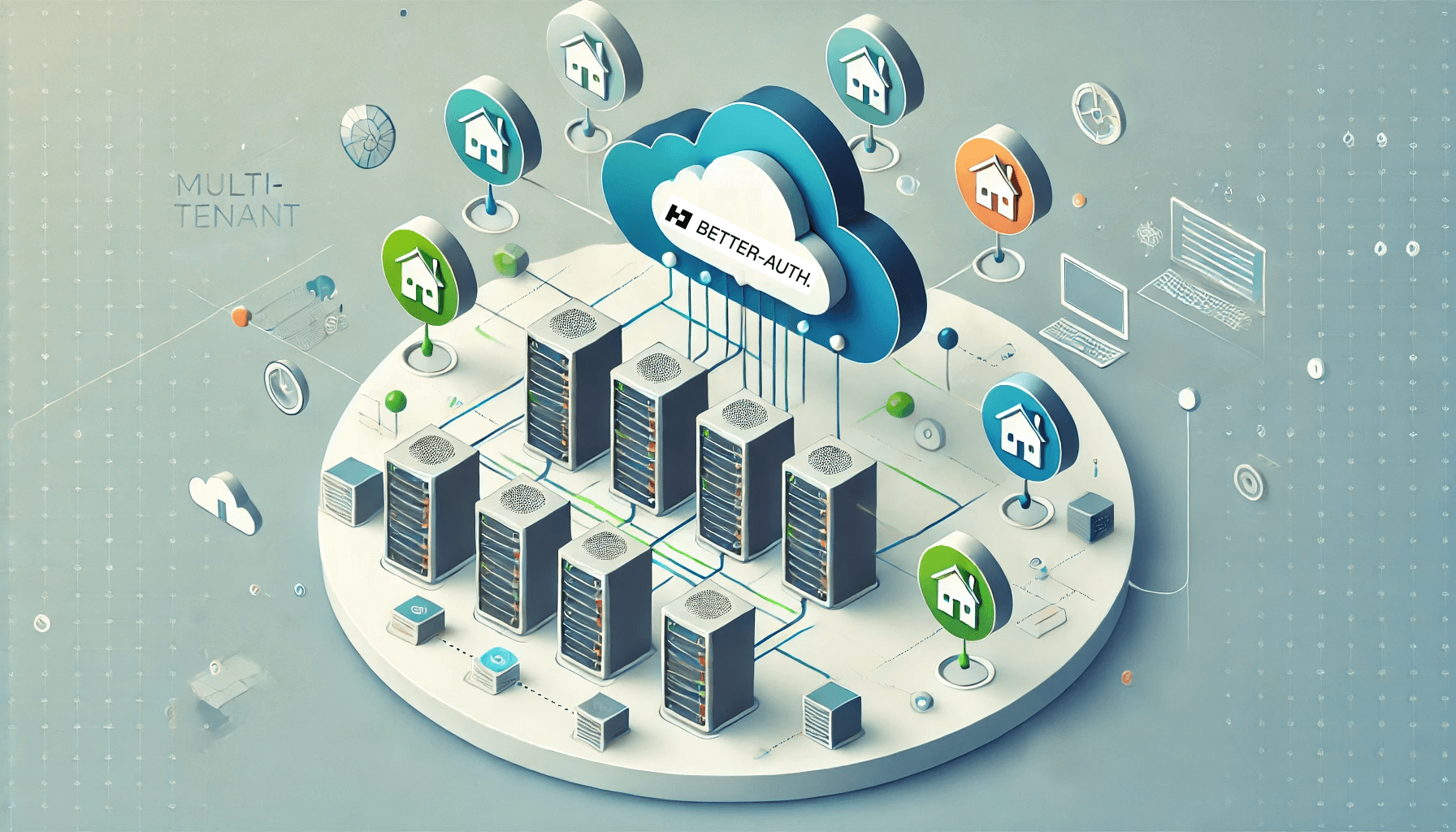ZenStack V3: The Perfect Prisma ORM Alternative

Prisma won the hearts of many TypeScript developers with its excellent developer experience - the elegant schema language, the intuitive query API, and the unmatched type-safety. However, as time went by, its focus shifted, and innovation in the ORM space slowed down considerably. Many successful OSS projects indeed struggle to meet the ever-growing demands, but you'll be surprised to find that many seemingly fundamental features that have been requested for years are still missing today, such as:








